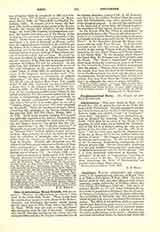

Deuteronomy.—This term occurs in Deut., xvii, 18 and Jos., viii, 32, and is the title of one of the five books of the Pentateuch. In both passages it renders the Latin Deuteronomium, the Greek to deuteronomion, the Hebrew MSHNH, signifies “copy” or “duplicate” rather than “repetition”. The texts themselves appear to demand this meaning; for Deut., xvii, 18 reads: “But after he is raised to the throne of his kingdom, he shall copy out to himself the Deuteronomy of this law in a volume, taking the copy of the priests of the Levitical tribe”; and Jos., viii, 32 relates: “And he wrote upon stones the Deuteronomy of the law of Moses, which he had ordered before the children of Israel.” The Targum of the latter passage favors the same meaning. As title of the fifth book of the Pentateuch, Deuteronomy corresponds to the Hebrew ALH HDBRYM. Pseudo-Athanasius maintains that the title signifies “the second law” promulgated by Moses in accordance with the Divine precept. But it is more commonly understood as meaning “explanation” of the law, or “exhortation” inducing to the observance of the law. The introductory questions concerning the Book of Deuteronomy are treated in the article Pentateuch.
A. J. MAAS

